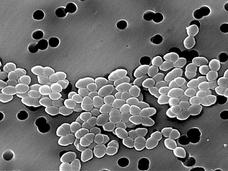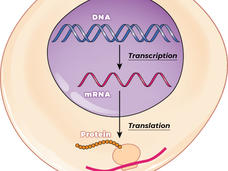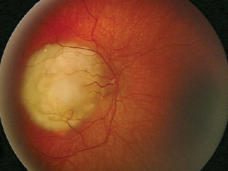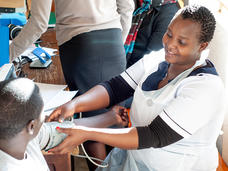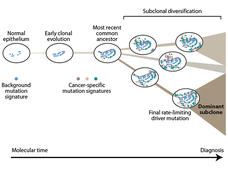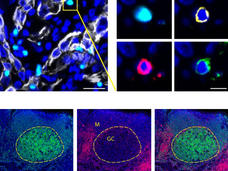March 2020 - Cancer Currents Blog
-
Health of Gut Microbes May Affect Survival after Stem Cell Transplant
In people with blood cancers, the health of their gut microbiome appears to affect the risk of dying after receiving an allogeneic hematopoietic stem cell transplant, according to an NCI-funded study conducted at four hospitals across the globe.
-
Analyzing Tumor RNA May Help Match Patients with Most Effective Cancer Treatments
A novel approach to analyzing tumors may bring precision cancer medicine to more patients. A study showed the approach, which analyzes gene expression using tumor RNA, could accurately predict whether patients had responded to treatment with targeted therapy or immunotherapy.
-
For Children with Retinoblastoma, Disparities Seen across the Globe
Children with retinoblastoma in low- and middle-income countries were, on average, diagnosed at an older age and with more advanced disease than those in high-income countries, an analysis shows. The data provide clues about global disparities in outcomes.
-
Trial Should Change Care for AIDS-Related Kaposi Sarcoma in Sub-Saharan Africa
For people with advanced AIDS-related Kaposi sarcoma in sub-Saharan Africa, results from a large clinical trial are expected to change treatment. In the trial, paclitaxel greatly improved outcomes compared with treatments typically used in the region.
-
Mapping Cancer Genomic Evolution Offers Insights into Tumor Development
Scientists have mapped the evolution of 38 cancer types, noting common gene and protein alterations that occur early, in the middle of, and late in their development. The hope is that these maps create opportunities to identify cancers much earlier.
-
Cancer Moonshot℠ Workshop Highlights Recent Research Advances
Hundreds of investigators participating in the Cancer Moonshot℠ to accelerate cancer research met recently to provide updates on their progress since the initiative was announced in 2016.
